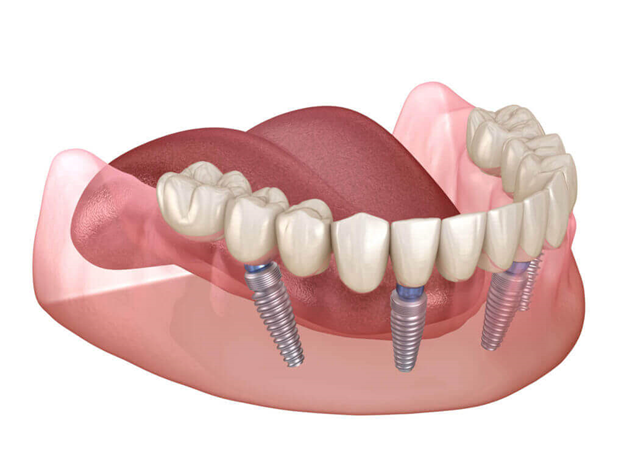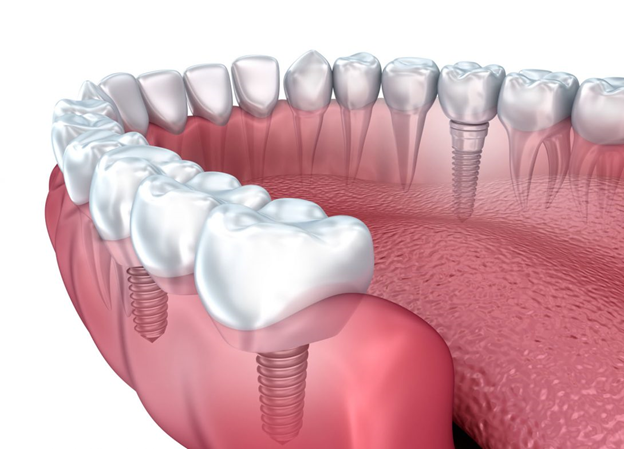What Will Lead To a Successful Dental Implant Surgery?

Determining the most appropriate dental treatment for replacing missing or lost teeth can be complex. With various options available, seeking expert advice becomes paramount in selecting the optimal approach. Based on the gathered information, dental implants are widely regarded as the preferred method for tooth replacement. What distinguishes implants as the top choice?
An experienced dentist at a modern Vancouver dental implant center explains that dental implants exhibit the highest effectiveness in addressing various cases of tooth loss.
Moreover, they offer a durable solution, ensuring long-term benefits for individuals who have experienced tooth loss. However, the success rate of implant procedures often raises questions due to several influential factors that impact the overall outcome. While maintaining good dental and oral health is crucial to implantation success, it is equally important to consider other pertinent factors in the decision-making process.
Assessing Suitability
Various factors come into play when determining if you are an aqua candidate for dental implant surgery. These factors include tooth loss, root canal complications, and gum problems. If you have a diastema issue ( gapped teeth), dental implants can offer valuable advantages by preserving your jawbone and improving the overall appearance of your smile. However, if you have intricate or unique root canal issues, alternative treatment options might be more appropriate than dental implants. Additionally, individuals with specific facial or oral conditions may not be good candidates for dental implants.
The Influence of Bone Density on Dental Implant Success
Insufficient strength in your jawbone may impede its ability to support and accommodate the implant adequately. Likewise, a thin jawbone may not provide an optimal placement for the implant. The density of your jawbone is instrumental in determining the precise positioning and alignment of the implant. For successful Osseo integration, dental implants necessitate a proper and robust bone density that allows the implant body to fuse seamlessly with the surrounding jawbone tissue. If the implant fails to integrate effectively with the adjacent jawbone tissue, the overall success of the implant surgery is compromised. In such instances, some cosmetic dentists may recommend bone grafting to fortify the jawbone and adequately prepare it for the implant surgery.

The Influence of Oral Hygiene on Dental Implant Success
The significance of maintaining proper oral and dental hygiene practices exceeds that of jawbone density when it comes to the success of implant surgery. These habits play a pivotal role in determining the overall success rate of the procedure. Unfortunately, inadequate dental and oral hygiene practices can accumulate bacteria around the implant or artificial tooth. If your dental and oral hygiene practices are subpar, it is crucial to reconsider and reassess your decision regarding tooth replacement. The presence of bacterial growth near the implant or artificial teeth can give rise to various dental and oral complications.
The occurrence of dental and oral infections directly correlates with the presence of bacteria around the implant. Additionally, such bacteria can trigger complex inflammatory reactions. Therefore, exercising caution and mindfulness regarding dental and oral hygiene practices is paramount to preventing potential dental and oral issues.









